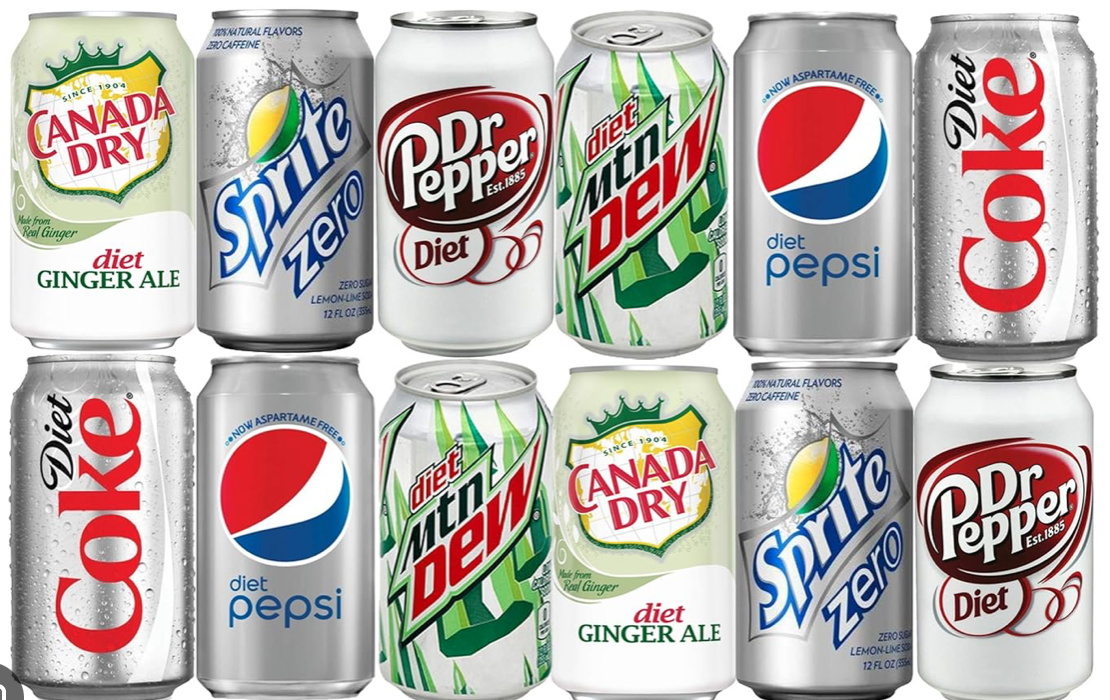how does our metabolism change? body composition? and what we can do to make these changes more positive.
Firstly lets start with what these things mean. Metabolism is a highly complex sum of biochemical reactions that occur in the body to literally…live. when we talk about metabolic rate, its the process of these things and how quickly they occur.
metabolic health refers to how well and efficiently the body uses energy and nutrients.
so things like energy in (calories in) vs energy out (calories out)
Body composition refers to a persons body fat percentage in comparison to lean mass, which includes muscle mass, lean muscle tissue, connective tissue, bone, and anything else that isn’t water.
Research has found that metabolic rate (the rate at which we burn energy) doesnt slow down at midlife as much as people think it does! it remains pretty stable from around 20-60 which then slowly starts to decline. changes in bodyweight aren’t due to ageing or menopause alone. instead lots of factors like walking or moving less, or playing less Sports.
so how DO hormones effect our metabolic health. Estrodiol, progesterone,testosterone, and FSH influence – energy homeostasis (energy balance) body heat production , insulin sensitivity (the ability for out body to listen out for insulin signals), glucose metabolism, adipose tissue (fat tissue) health, lipogenesis (synthesis of fatty acids)
so how does this effect us during menopause ?!
it causes an increase in body fat = body fat does respond to sex hormones, which effect how well the fat is used for energy. and where the fat is distributed.
while menopause doesn’t necessarily cause weight gain, it can be associated with a shift to more abdominal body fat. (belly)
Keeping as much lean muscle as we can will reduce sarcopenia (loss of muscle and strength) and help support metabolic health, therefore improving composition, by helping reduce body fat.
so to take away
metabolism doesn’t change much between the ages of 20-60
menopause won’t directly cause weight gain, but hormone changes can make it more difficult for a variety of reasons, like appetite, cravings, energy, aches and pains , but it changes the distribution of where body fat accumulates
more muscle means better metabolic health, metabolism, strength and lean muscle tissue – its a must!
so what we can do? as I coach I support women in increasing daily movement, weight training 2-3 x per week for atleast 30 minutes (it doesnt have to be scary)
increasing protein intake throughout the day
